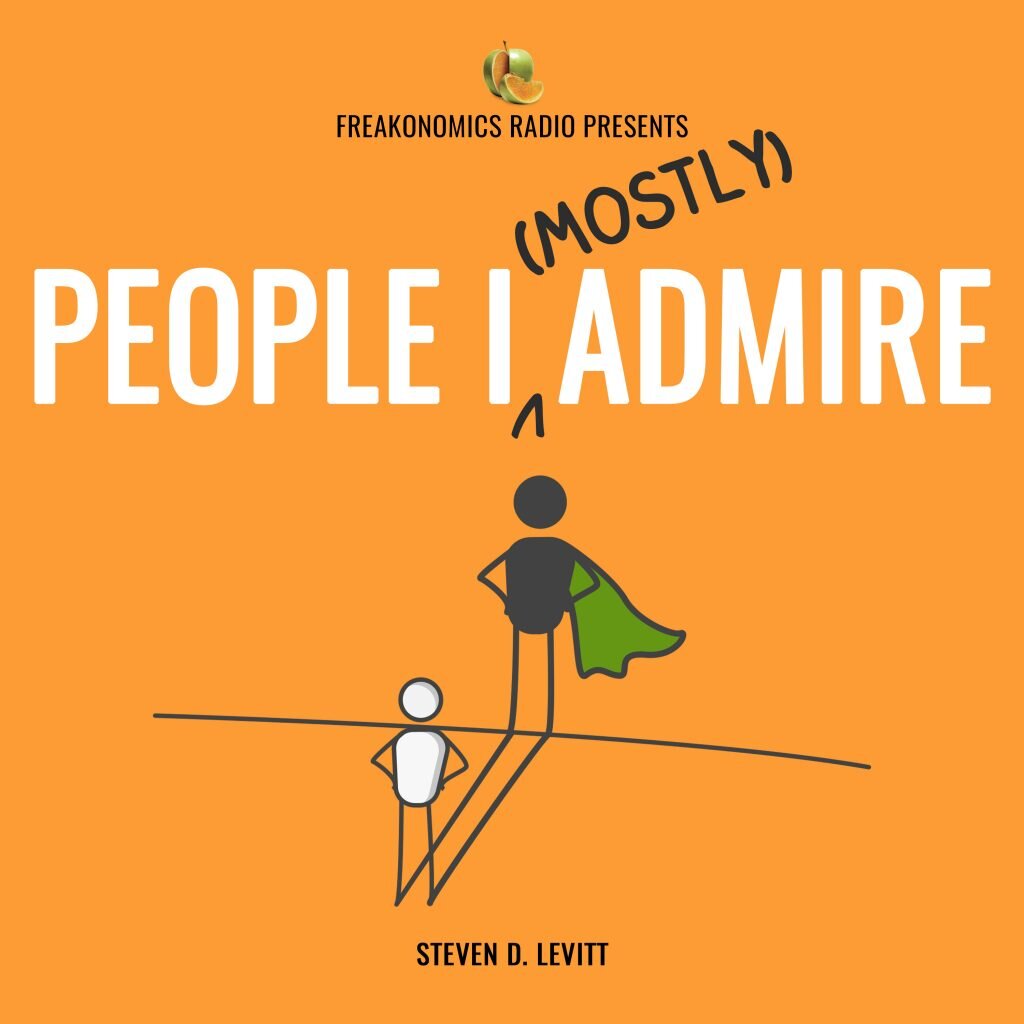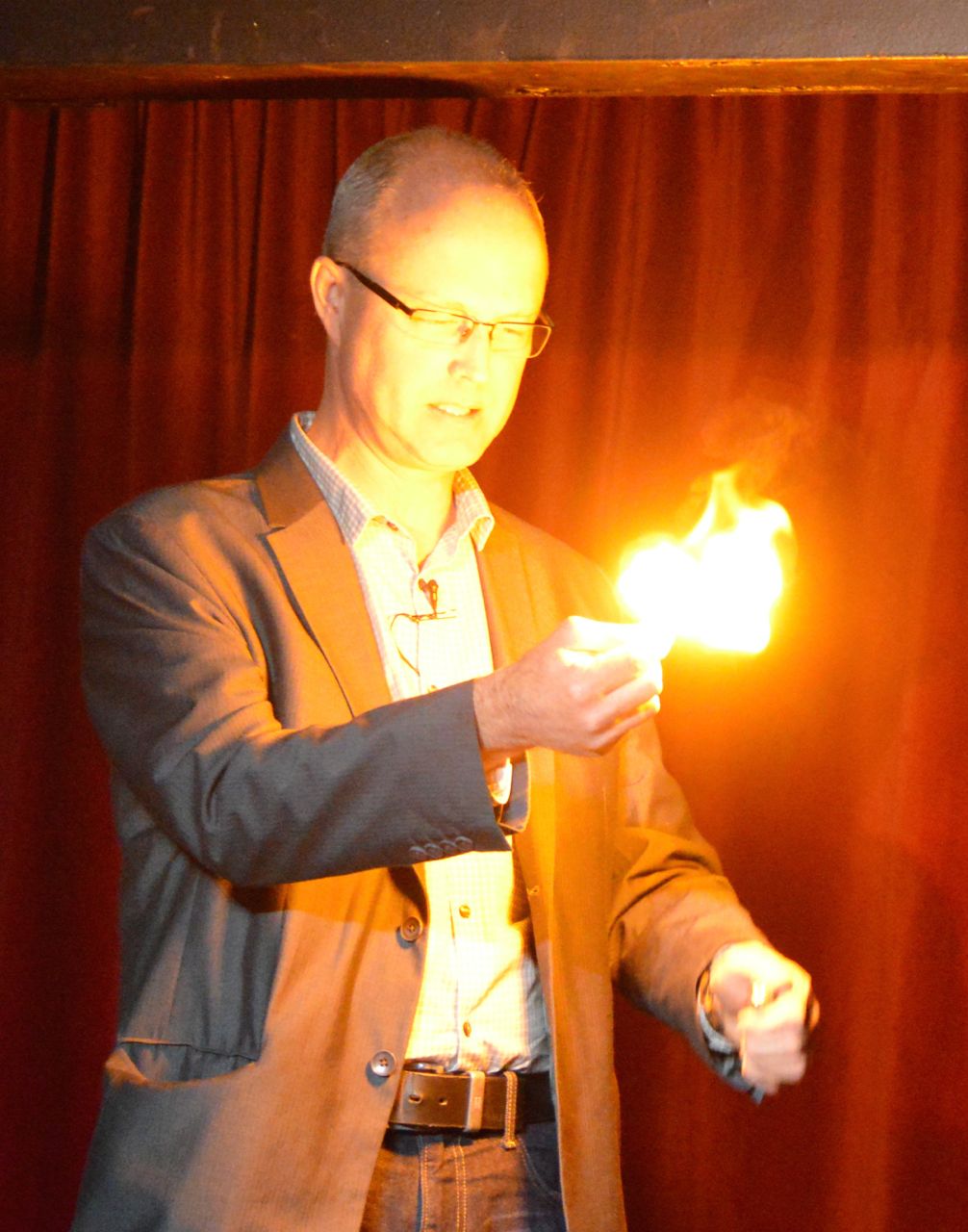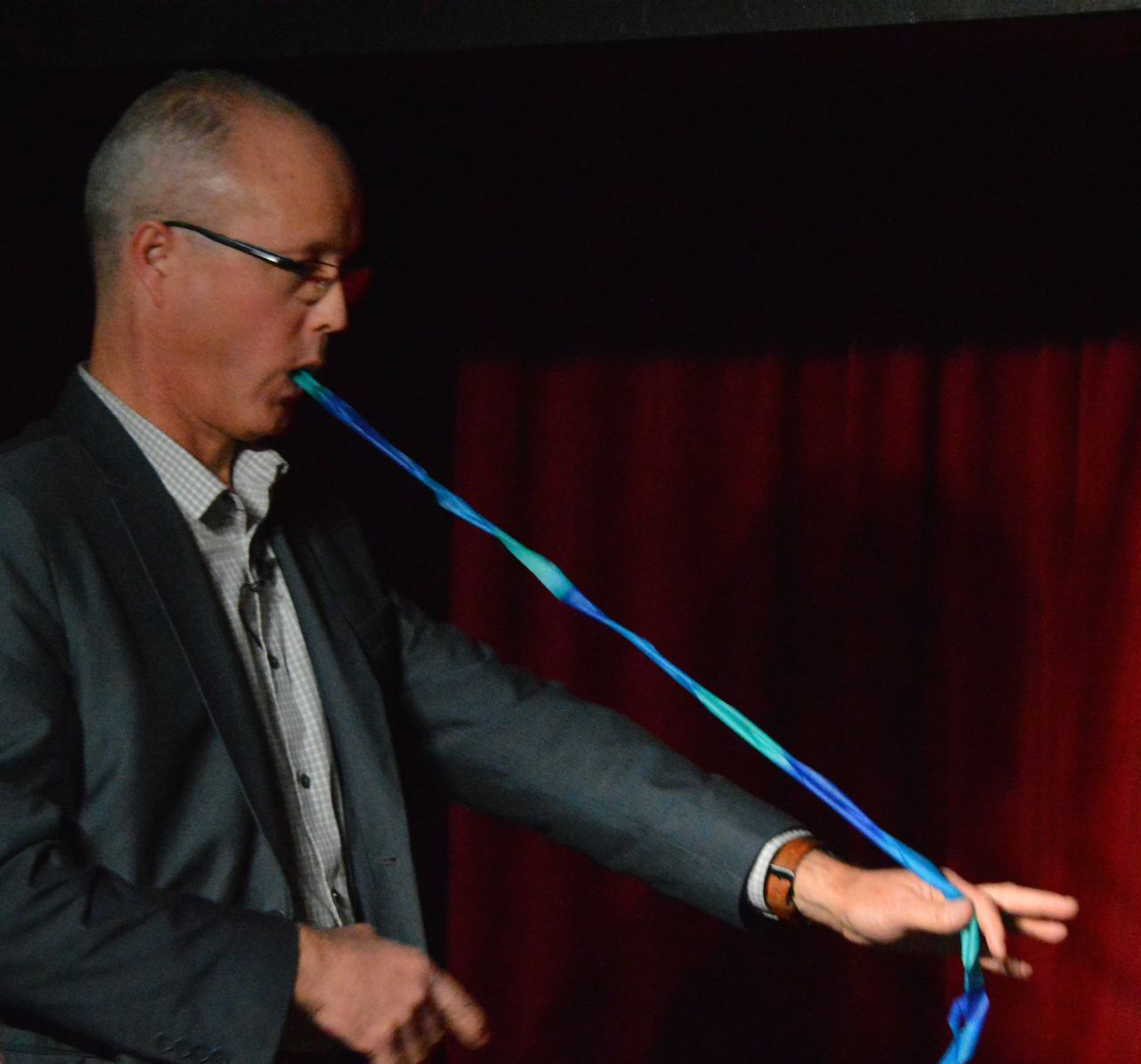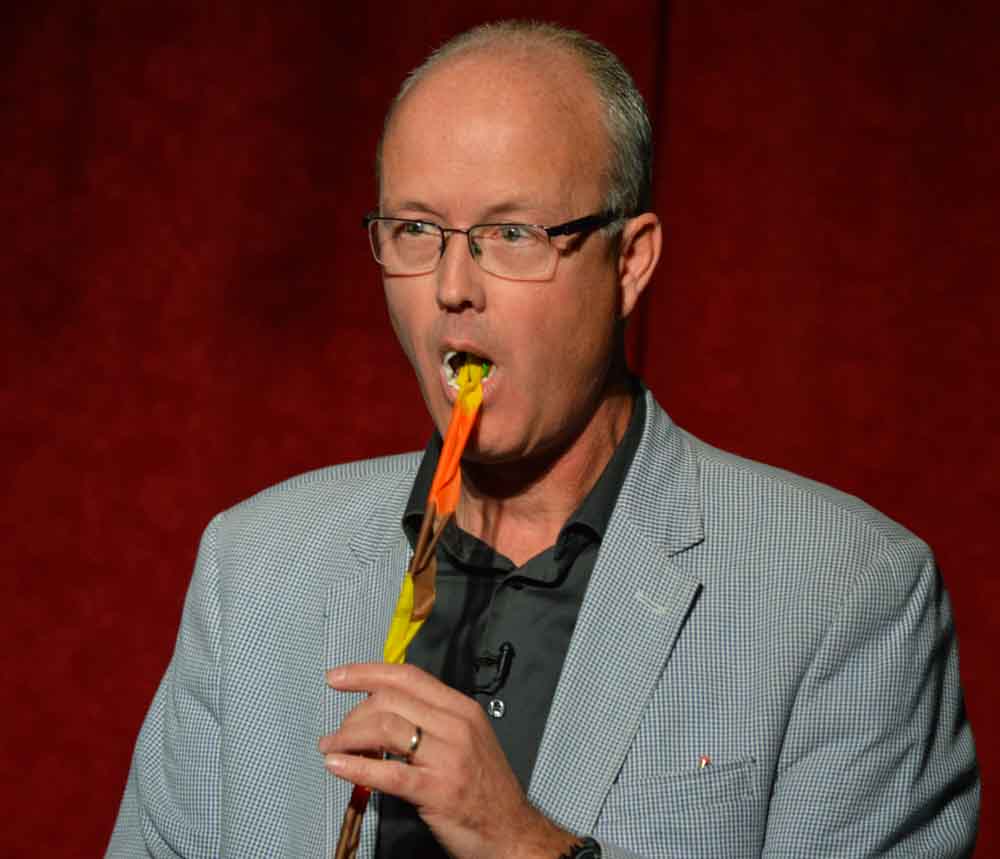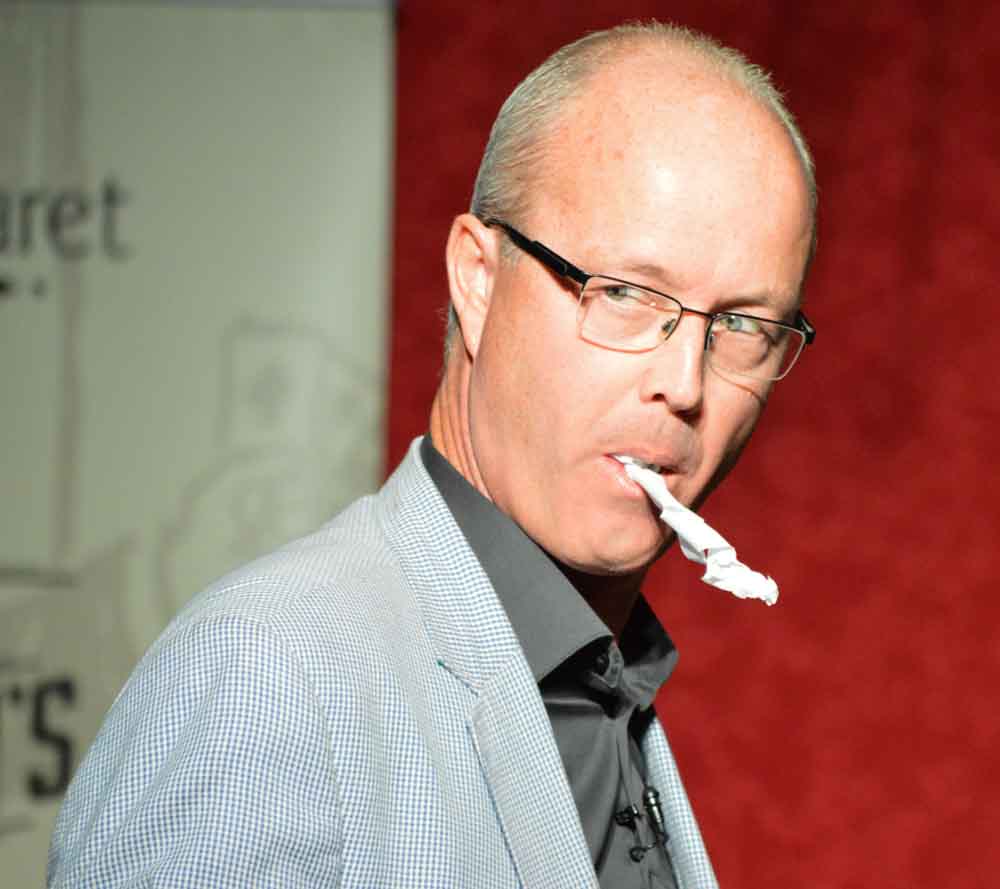Although these days, it’s probably not a bar, it’s just a zoom call. The University of Chicago economist, Steven Levitt, who wrote the wildly popular Freakonomics and its various sequels, recently started a podcast: People I (mostly) Admire. His most recent guest was magician Joshua Jay.
Joshua plays a prominent role around the world bringing magicians together. For over a decade he was the editor of the tricks column for one of the largest magic magazines in the world. Later he co-founded a magic publishing company which shares secret material around the world and organizes conferences both in the US and the UK. (Picture a hotel filled with nine hundred magicians for a weekend….)
I enjoyed the discussion about how magicians think and create. Many professions are known entirely through cliches and stereotypes and magic is certainly one of them.


